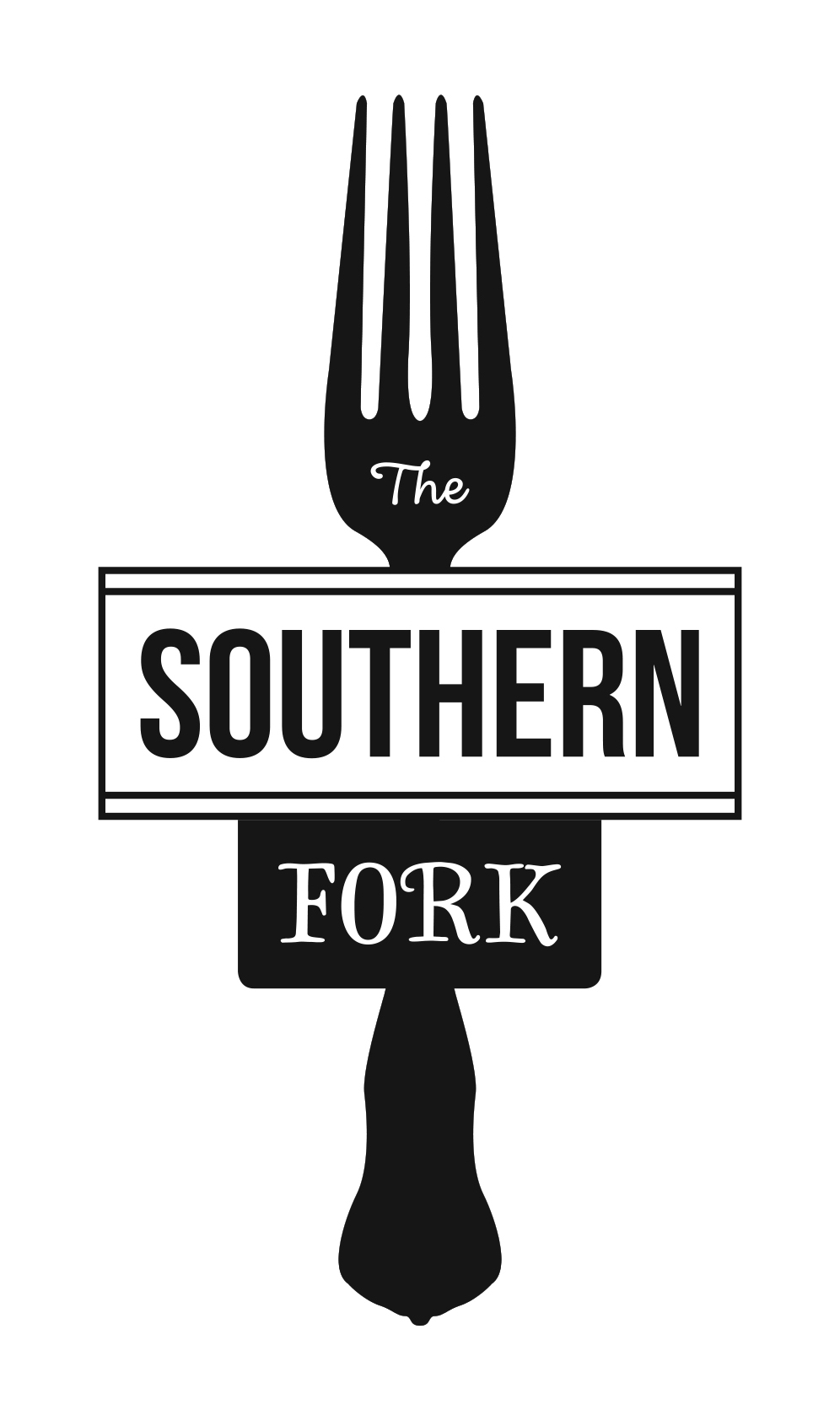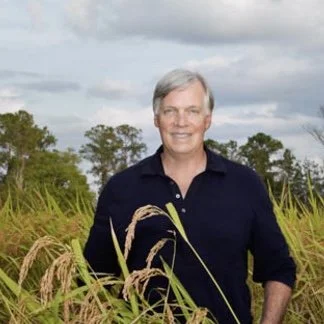Glenn Roberts: Anson Mills & AM Research (Columbia, SC)
photos: Anson mills & mississippi crop situation
Why are historical foodstuffs important? And what might they have to offer to us living now about some of the biggest issues we’re facing? Glenn Roberts of Anson Mills and AM Research in Columbia, SC is on a journey to address these questions through interacting with the foods themselves: finding the seed, growing them out, and working with his team and a host of others around the world to test and apply the results in a climates that are rapidly changing. I spoke with Glenn a few years ago, along with Dr. David Shields, about the Carolina Gold Rice Foundation, and many of you will associate Glenn with that iconic Southern grain. But he’s now applying creative thinking to the companion plants and the ecosystems of the rice, and it’s leading him to new questions about salt tolerance, growing cycles, and even which parts of the plant we harvest for food. Now, I’m intellectually flying by the seat of my pants in this conversation, but there’s lots of good humor amid the scientific ideas, and Glenn provides us hope for the future of food by looking to the past.
SOME HIGHTLIGHTS:
Historical foods and their relevance to modern food systems. 0:00
Sorghum as a green vegetable and its cultural significance. 5:03
Sorghum cultivation and its significance in African diaspora culture. 10:21
Agriculture, landrace crops, and government policies. 15:05
Drought-tolerant crops and their potential uses. 20:26
Seed reclamation and culinary innovation. 25:45
OTHER EPISODES YOU MIGHT ENJOY:
Glenn Roberts & Dr. David Shields: Carolina Gold Rice Foundation (Columbia, SC)



